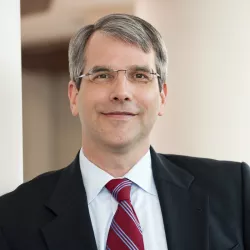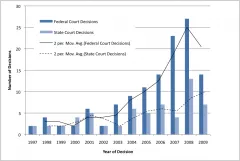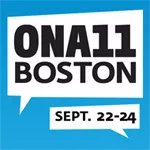David Ardia is an assistant professor of law at the UNC School of Law and a faculty associate at the Berkman Center. He also holds a secondary appointment as an assistant professor at the UNC School of Journalism and Mass Communication and is the faculty co-director of the UNC Center for Media Law and Policy. Before joining the UNC faculty, he founded and directed the Berkman Center’s Digital Media Law Project.
Prior to coming to Harvard, David was assistant counsel at The Washington Post, where he provided pre-publication review and legal advice on First Amendment, newsgathering, intellectual property, and general business issues. David served as a law clerk for Judge Conrad Cyr on the United States Court of Appeals for the First Circuit and for Judge Thomas McAvoy on the United States District Court for the Northern District of New York. After clerking, he practiced law at Williams & Connolly LLP in Washington, DC, where he handled a range of intellectual property and media litigation. While at Williams & Connolly, he also performed pre-publication libel review for the National Enquirer and In Touch Weekly.
David is a former member of the Newspaper Association of America’s Legal Affairs Committee and is a current member of the Online News Association’s Legal Advisory Board and the First Amendment and Media Litigation Committee of the American Bar Association. He is admitted to practice law in the District of Columbia, Massachusetts, New York, United States Supreme Court, and United States District Court for the District of Columbia.
David’s research focuses on examining the impact of new information technologies on law and society, particularly the role that intermediaries play in shaping the environment for speech and how legal and social forces act upon those intermediaries. His recent publications include: Free Speech Savior or Shield for Scoundrels: An Empirical Study of Intermediary Immunity Under Section 230 of the Communications Decency Act, 43 Loy. L.A. L. Rev. 373 (2010); Reputation in a Networked World: Revisiting the Social Foundations of Defamation Law, 45 Harv. C.R.-C.L. L. Rev. 261 (2010); and Government Speech and Online Forums: First Amendment Limitations on Facilitating and Moderating Public Discourse on Government Websites, 2010 BYU L. Rev. 1981 (2011).
You can follow him on Twitter or Google Plus.





